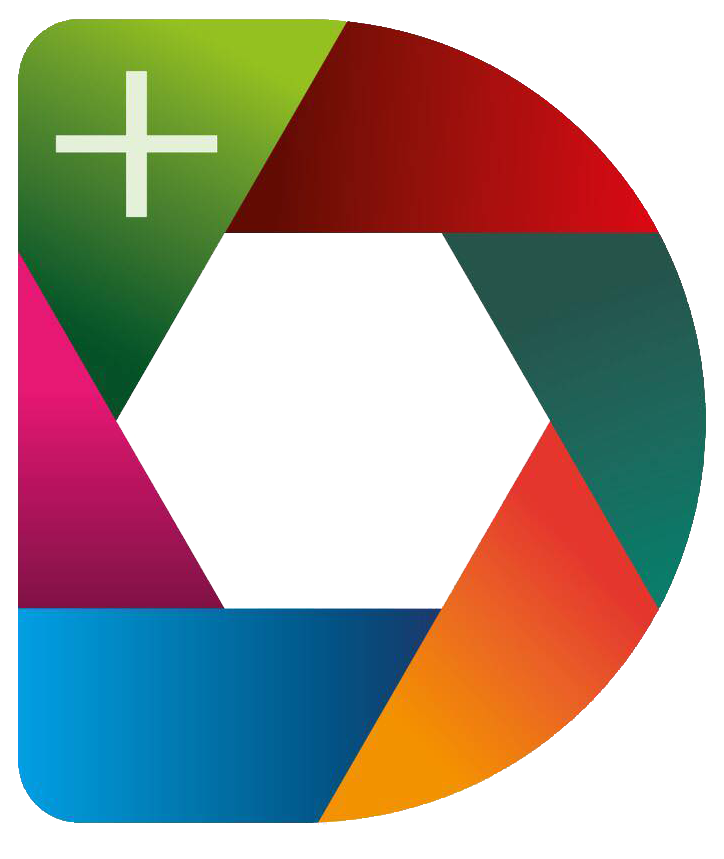Why will a refugee-friendly country like Canada, who kept its doors open when Somalis had all doors closed on them by the civil war, suddenly turned its back on poor helpless refugees? Diversity Magazine posed this question to the elected representative of one of the largest Somali Community in Edmonton, MP for Edmonton Centre, Randy Boissonnault. His office responded that he will be writing to the minister of Finance and Immigration to get answers for the community. We also reached out to Canadian Finance Minister for comments, The Honourable Bill Morneau, but no reply yet. The wall of silence continued when we asked RBC, the only bank who accepted to open accounts for the Somali money transfer services. Like the politicians, they also asked for a written version of the question which they are yet to tell us why they are turning their backs on Rahman, her sick grandma, her two siblings, and thousands of starving refugees across the world.
Two years old Rahman lives in Somalia with her mum, grand-mum and her two siblings. Their dad, a Canadian citizen, lives and works in Edmonton. Rahman and her siblings live in Bursalah, Somalia, after fleeing from warlords, Al-Shabab, and whatever forces imaginable of the Somali civil war that pushed them to flee.
After the Somalia civil war breakout in 1991, Canada was among the few countries that opened its doors and currently still accepts Somali refugees. As a beacon of diversity and inclusion, or better still, call her the humanitarian capital of the world, Canada has grown to accept the beautiful Somali culture, and inventions such as the way Somali refugees send home remittances to support their families fleeing war.
Rahman’s mum receives money periodically from her dad, a Canadian citizen who lives and work in Edmonton, Alberta, for their basic needs, as well as, to buy their grand-mum’s asthma medicine. Unlike Western Union located only in Mogadishu and still operational, she receives the money on her cell phone as soon as it is sent and does not have to make the risky travel for days to the Somalia capital of Mogadishu, a journey she may never return to take care of her kids and sick mother.
Unfortunately for Rahman and her family, together with thousand other refugees in Somalia, South Sudan, Sudan, Uganda, Eritrea, and Ethiopia, April will be the last month to receive money through this Somali invention. This is because RBC is closing the accounts of the only two Somali money transfer services left in Canada even though the two companies involved; IFTIN Edmonton Express, and AMAL Express Edmonton, said they have complied with all regulations, got positive audits from banks appointed auditors, and have current Government of Canada licenses for their operations. A letter from the African Business Association of Alberta reads, “We have complied with all the Canadian requirements and if there is anything we are missing we are willing to comply. Closing these money transfer services will have far reaching ramifications in Canada and in refugee communities’ across the world whose livelihoods rest solely on money received through the money transfer services”.
Before sending the money, the money transfer service companies in Edmonton say the name of Rahman’s dad sending, and her mum receiving the money goes through the usual screening process as common practice in the industry. A letter from the African Business Association of Alberta to the media states, “The Somali entrepreneurs who started the money transfer services have come up with a faster, cheaper, more secure, and reliable way of transferring money to anywhere in Somalia, and in the refugee camps in the neighboring countries. Today, these Somali entrepreneurs are the only way the Canadian Somalis and the other Somali diaspora can support their families and relatives who are still living in Somalia and in refugee camps. Somalia does not have a stable government which can protect Somalis from warlords, gangs and Al-Shabab (Somali terrorist organization affiliated with Al-Qaida)”.
The two Edmonton based money transfer companies; IFTIN Edmonton Express, and AMAL Express Edmonton say they have complied fully with Proceed of Crime Money Laundering and Terrorist Financing Act (PCMLTFA) and other banking regulations. “RBC always assigned the auditors. Last year, it cost us $15,000 and they (auditors) always concluded that everything is fine,” IFTIN added.
By the end of this month, Rahman’s dad and over 10,000 other people of Somali, Eritrea, Sudan, South Sudan, and Ethiopia descent living in Edmonton will not be able to send money to take care of their families. Accounts of money transfer companies have already been closed in Toronto and other cities across Canada and the Somali communities in these cities are forced to send money through the 18th century expensive and risky way of taking cash in suit cases, or using another expensive process through a private account via Dubai, a luxury very few can afford. “This makes a legal business illegal,” Edmonton Human Rights Activist Mohamad Accord, summarized the situation.
Please stay tuned to Diversity Magazine for updates on this impending humanitarian crisis in the Somali Community.












